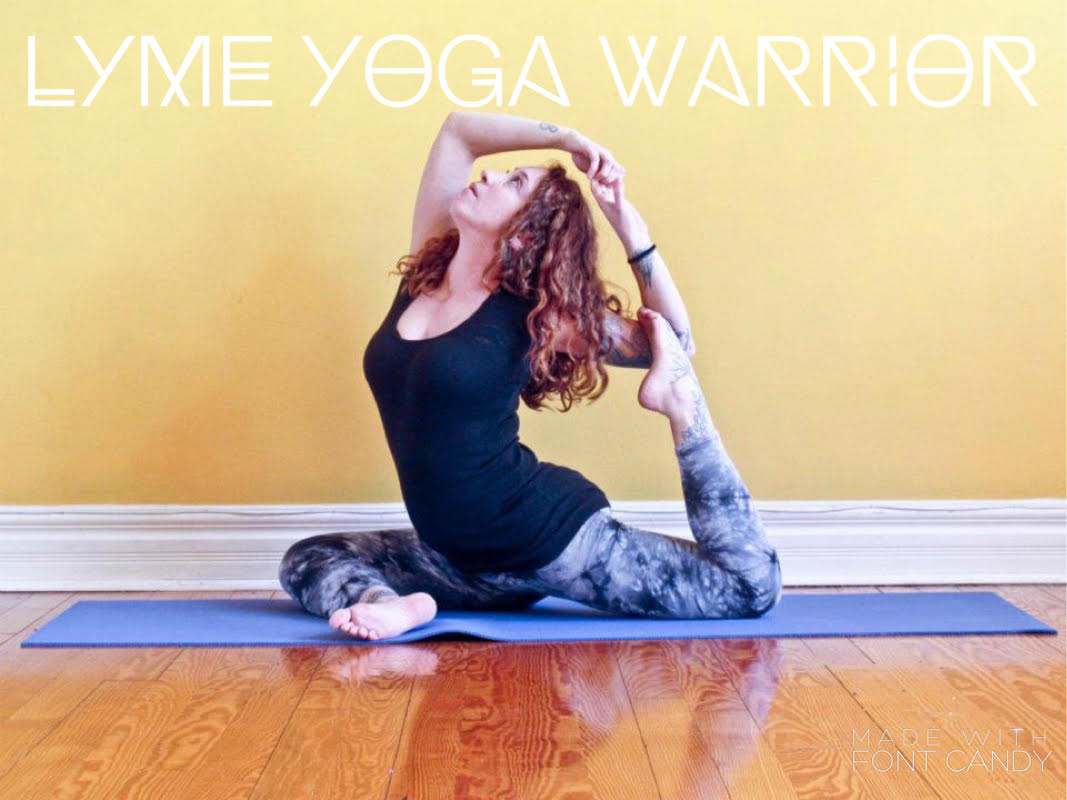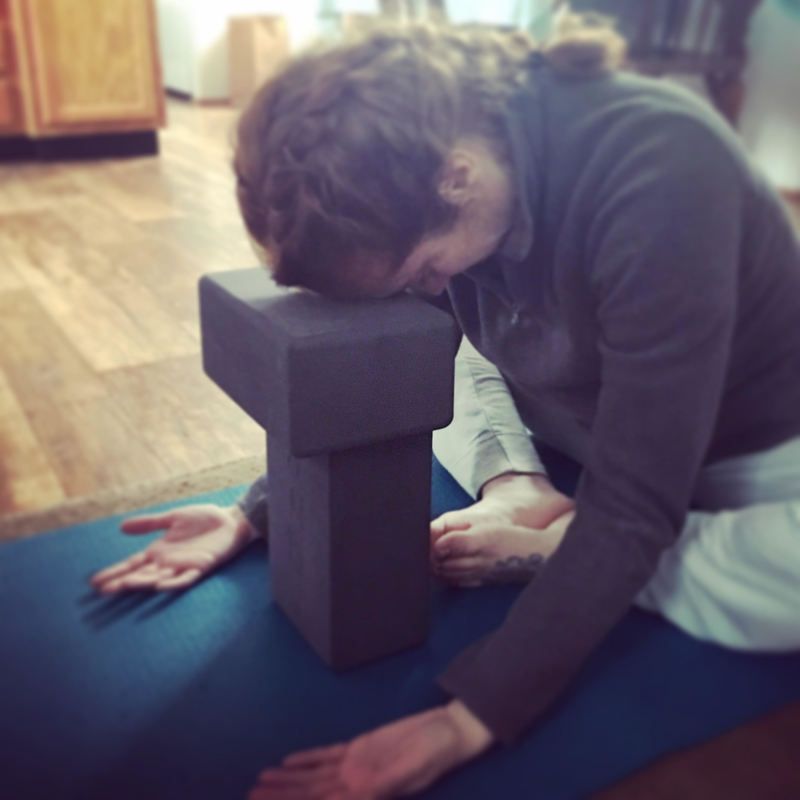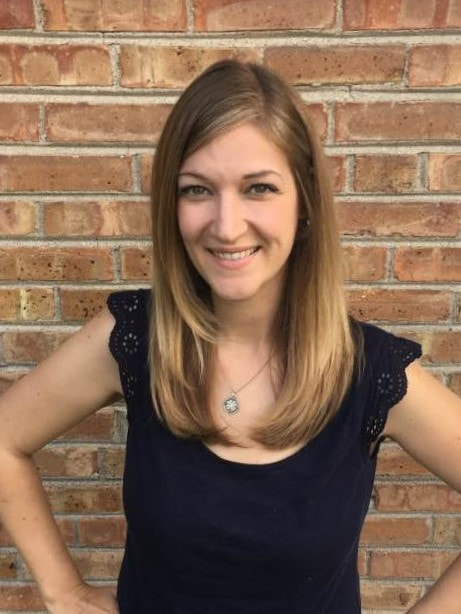|
Most of the links on this post are informational, but a few are affiliate links to help maintain this website. by Genevieve Goetz Anyone who has ever walked into a new yoga studio knows that nervous feeling of not knowing what to expect: where the props are, where to put your mat, which direction to face. We look to the regulars who already have their space all set up, as they talk to their friends or meditate. The yoga teacher is there to show you around, answer questions, and get you set up for class. For someone with a chronic illness, going to a new yoga studio can be terrifying and overwhelming. Your body has very specific needs, and you may not know what poses help or hurt. Class times are hard to attend due to fluctuating symptoms. Mobility can be minimal. Maybe like me, you only leave the house rarely. Medical equipment could be attached to your body, or used for movement. None of that means you cannot have a healthy, routine yoga practice. The benefits of yoga are vast, and can turn a terrible day into something wonderful. Whatever "limitations" you may have are an opportunity to find modifications of poses and new ways to explore yoga. Yoga is not a competition. There is no judgement or failure. It's all just practice. So give it a try. But first, here are my tips you should know before trying a class: Tips for Spoonies: How to Start a Yoga Practice: -You can begin your own personal practice, at your own pace. Take the anxiousness about trying something new and ease it with the knowledge this is all on your terms. -Yoga is whatever we want it to be, whatever we put into it. -Yoga does not have to be a long, vigorous class or an intimidating handstand seen via social media. -Start out small. -Take rest breaks, even if you are in the middle of class and everyone else is standing. -You know your body best. Rest is also very important in yoga, we practice it at the end of every class. Don't feel embarrassed about feeling differently than the person next to you. Yoga does not judge or compare. It's a purely individual practice. -Drink extra water to flush toxins after class. Lots of yoga poses detoxify the body, muscles, connective tissues and more. -Observe what helps and hurts your body so you can modify your poses in practice. If you feel a sharp, shooting pain during a pose that instinctively tells you to stop, then stop. There is a big difference between causing further injury than just feeling uncomfortable, needing to take a few breaths and reevaluate. -Talk to any future teacher about you, your body, and your needs. Most yoga teachers at studios are trained for 200 hours. I only had 10 hours on anatomy during my training. Fortunately I have studied it for years after. When I was a beginner teacher, I was very uncomfortable giving advice or modifications for people with injuries and illnesses. You may really have to simplify your symptoms when meeting a new teacher, and make sure they are understanding you. -There are teachers with 500 hour trainings, specialty certifications, and yoga therapists that could be a better fit for you. Do a little background search on the teacher and studio. -Regardless of training, all yoga teachers want to connect with their students so be open minded on building an ongoing relationship with them. The teacher could really get to know your needs. -Yoga is not treatment, a doctor, a cure all or a band aid. -It's always more fun to do yoga with friends. -Keep a yoga journal on how you felt before and after class, what the class was like, what worked for you. Before you know it, you have plenty to work with going forward in your practice. -I prefer to practice a gentle, restorative class and sometimes add strengthening poses in. I've lost a lot of tone due to atrophy and I want to work on getting it back. -If attending a studio, look for: gentle, restorative, yin, and beginner. Those are fairly passive classes that most can attend. -If you cannot attend yoga classes outside the house, there are many options for yoga online. There are many teachers on YouTube (again do background research that it's right for you). -If you don't want to move at all, join a local meditation group, or listen to meditation podcasts at home. "The soul is here for its own joy." - Rumi
3 Comments
Kerry
7/27/2017 10:41:20 am
I'm glad you found this post helpful. Yoga is the only type of exercise I feel comfortable doing at this point, so it is very important to me.
Reply
Leave a Reply. |
WelcomeI'm Kerry (She/Her/Hers) and I am a licensed therapist, group facilitator, poet, writer, & speaker. This is a place to acknowledge and validate our suffering and trauma, while also learning how to turn toward aliveness and spaciousness. Categories
All
Archives
April 2024
|
|
Copyright © 2024 Kerry J Heckman All rights reserved. Disclaimer.
|
|



 RSS Feed
RSS Feed